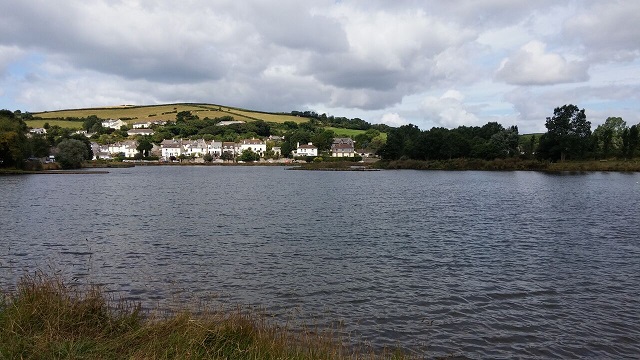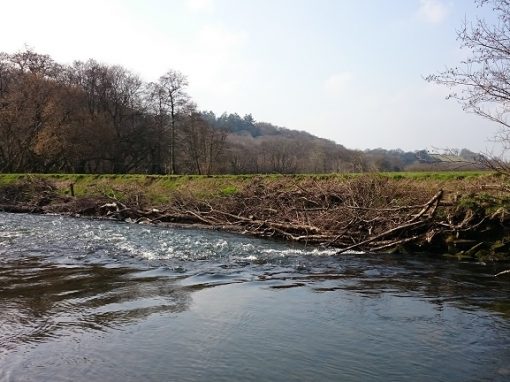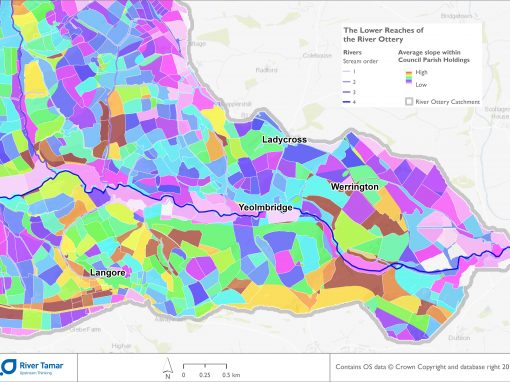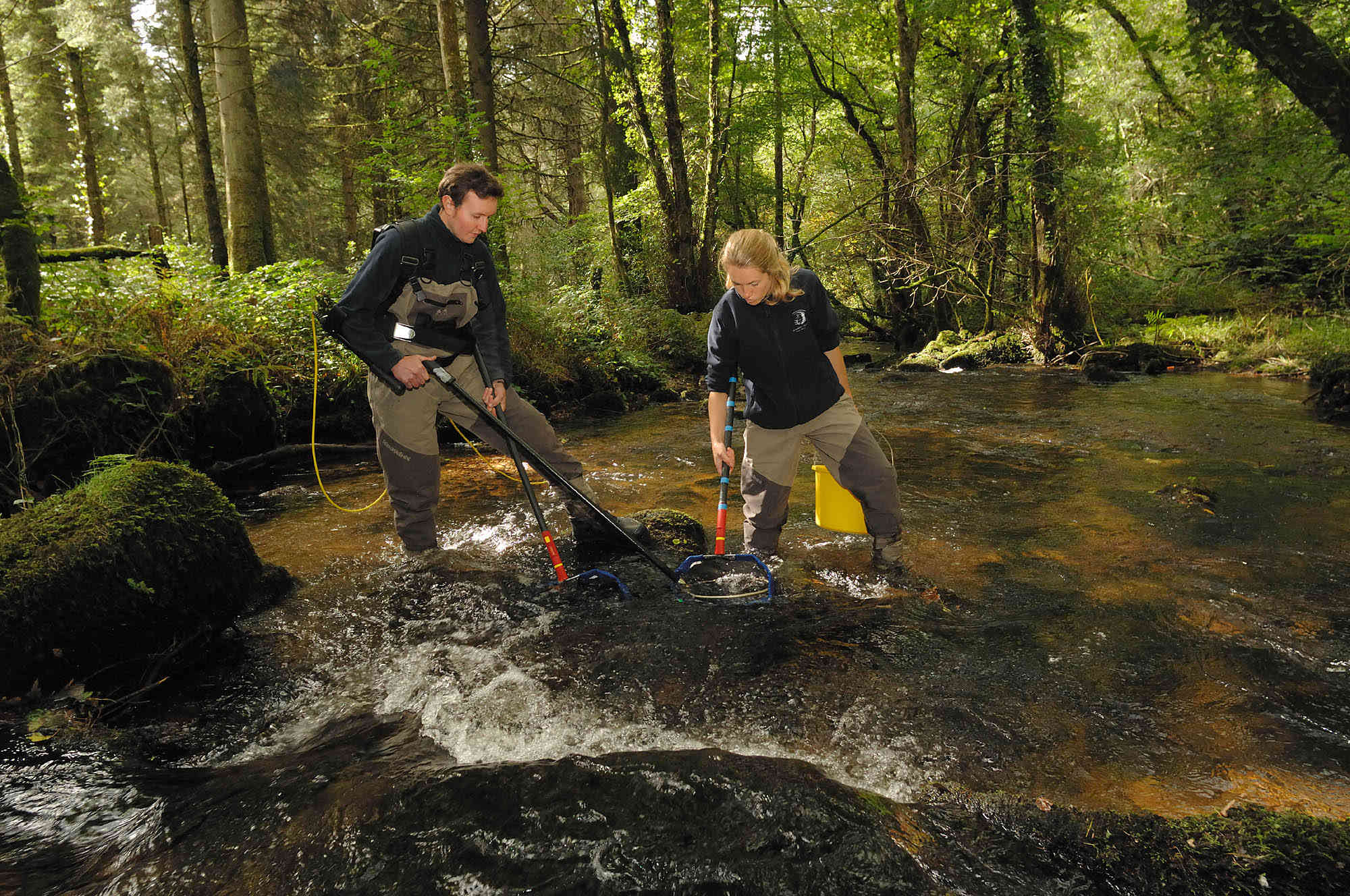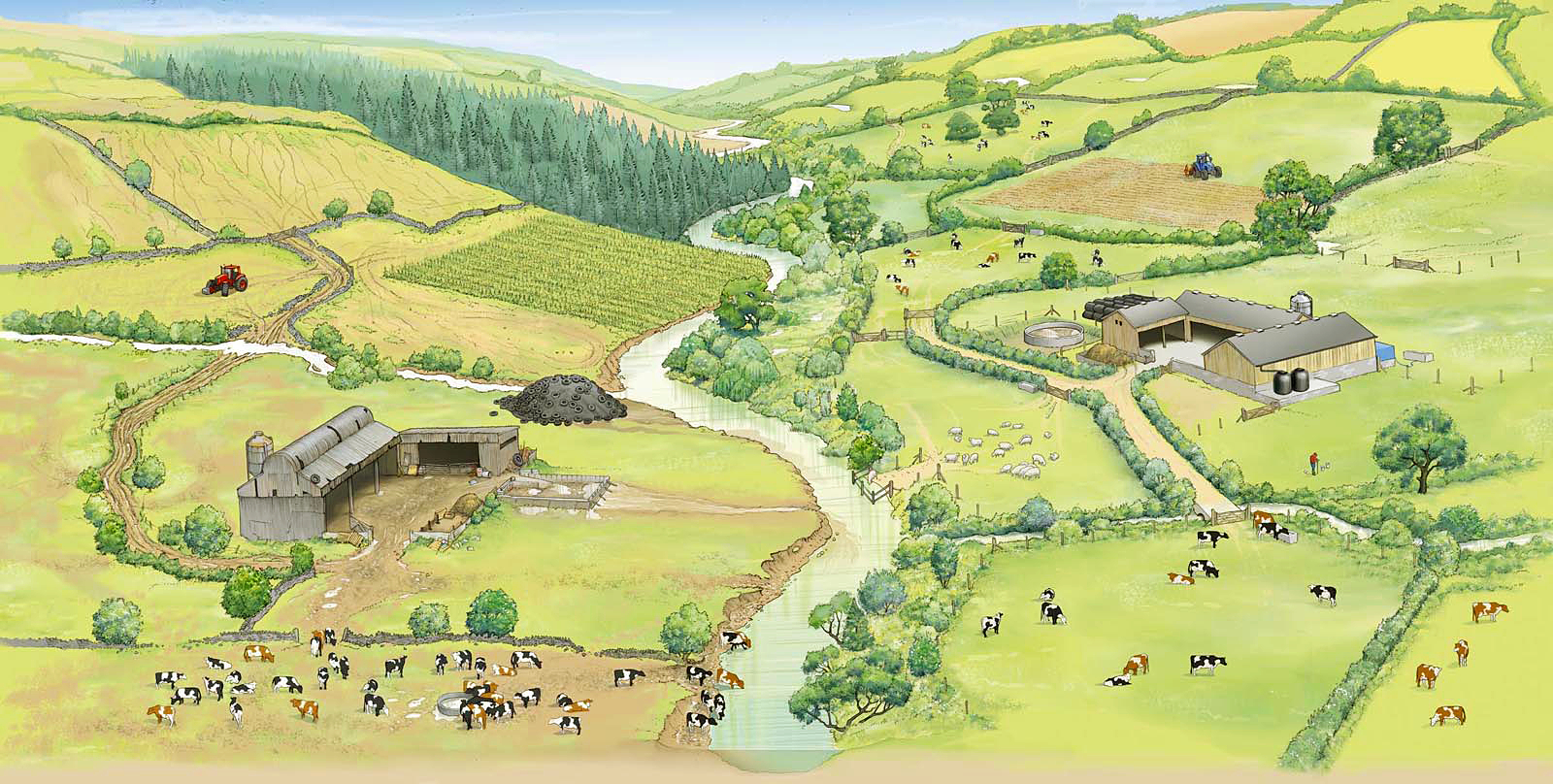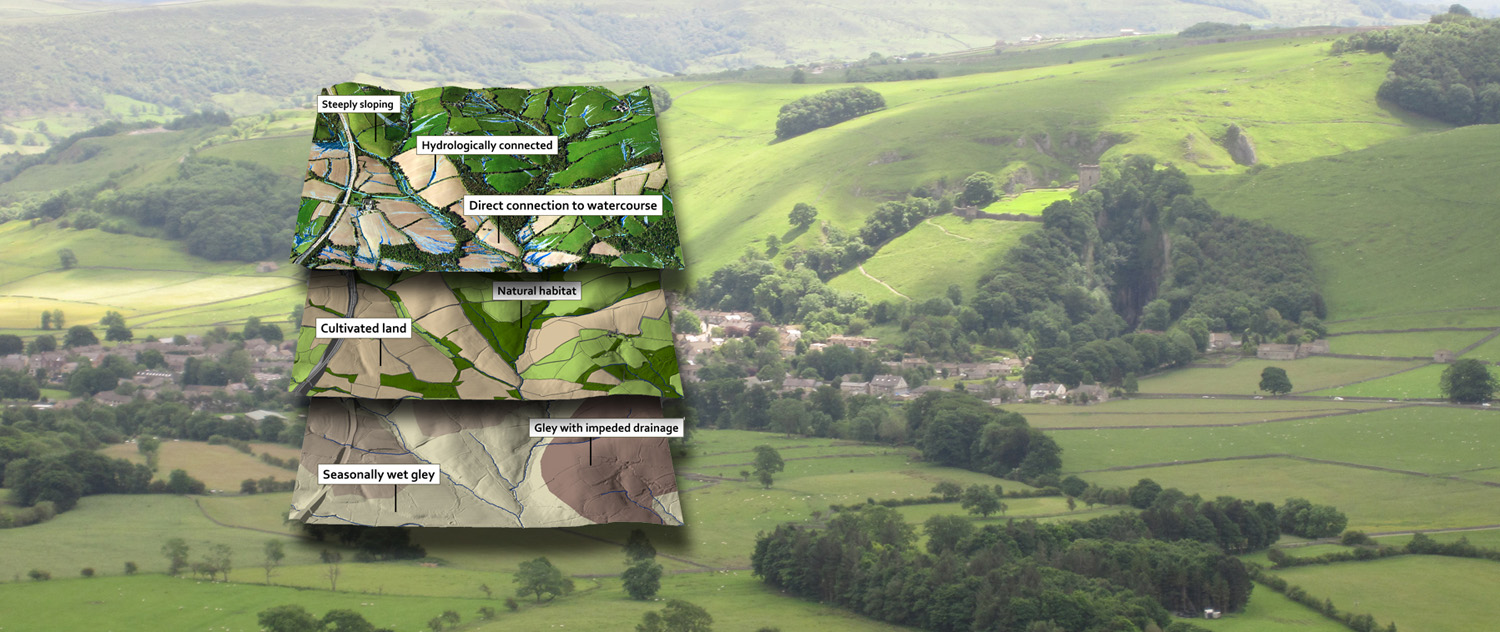The overall purpose of this report was to provide a short evidence and analysis review that would inform UK adaptation policy. The key aim of the project was to increase the awareness of the potential role that PES mechanisms can play in facilitating adaptation to climate change through the delivery of natural environment solutions, which could include green infrastructure solutions.
The basic idea behind PES is that those who provide ecosystem services – like any service – should be paid for doing so. PES therefore provides an opportunity to put a price on previously un-priced ecosystem services like climate regulation, water quality regulation and the provision of habitat for wildlife and, in doing so, brings them into the wider economy. In practice, PES is often used in reference to schemes that involve a continuing series of payments to land or other natural resource managers in return for a guaranteed flow of ecosystem services, or management actions likely to enhance or secure their provision.
The research findings suggest that PES could potentially play an important role in stimulating investment in the natural environment to contribute towards efforts to adapt to a changing climate. Overall, the most promising opportunities are likely to be those PES schemes that generate multiple benefits, including climate change adaptation, and/or which confer immediate adaptation benefits, for example significantly reduced flood risk.
Find the full report here : RoleofPESinCCA
Other Data & Evidence Activities


